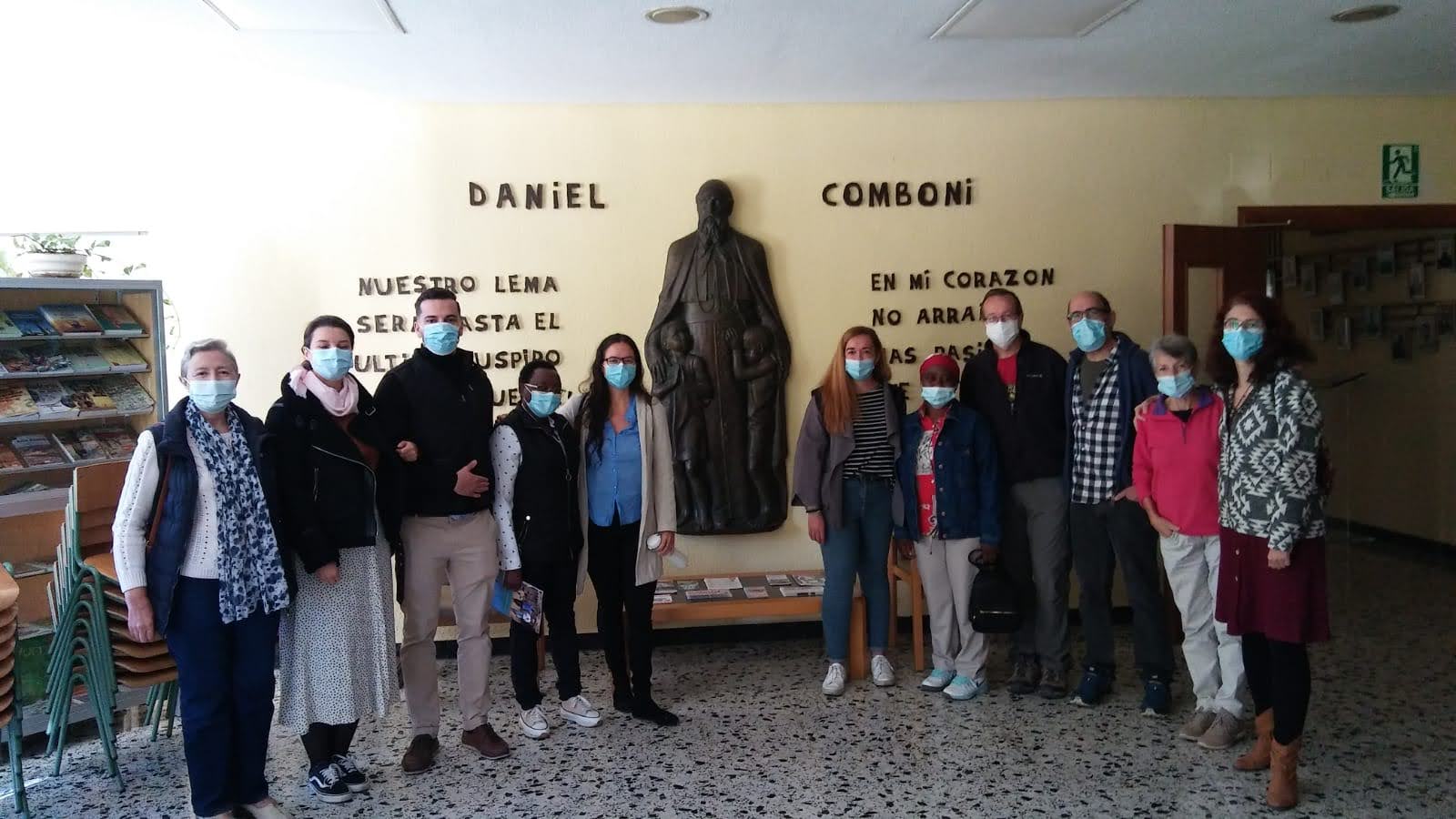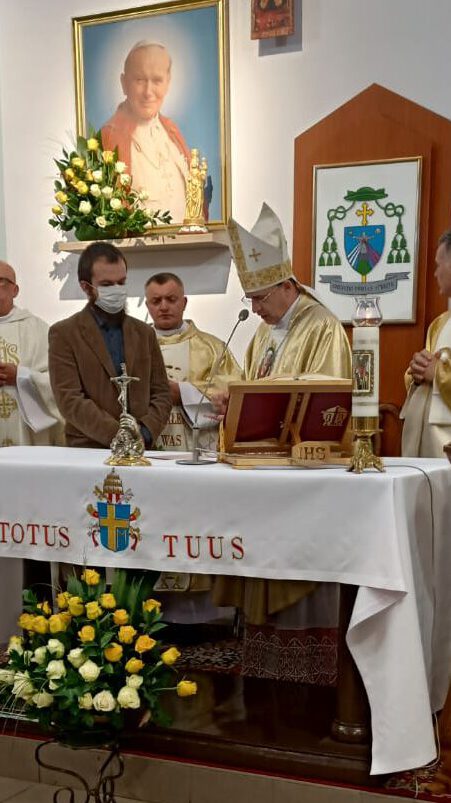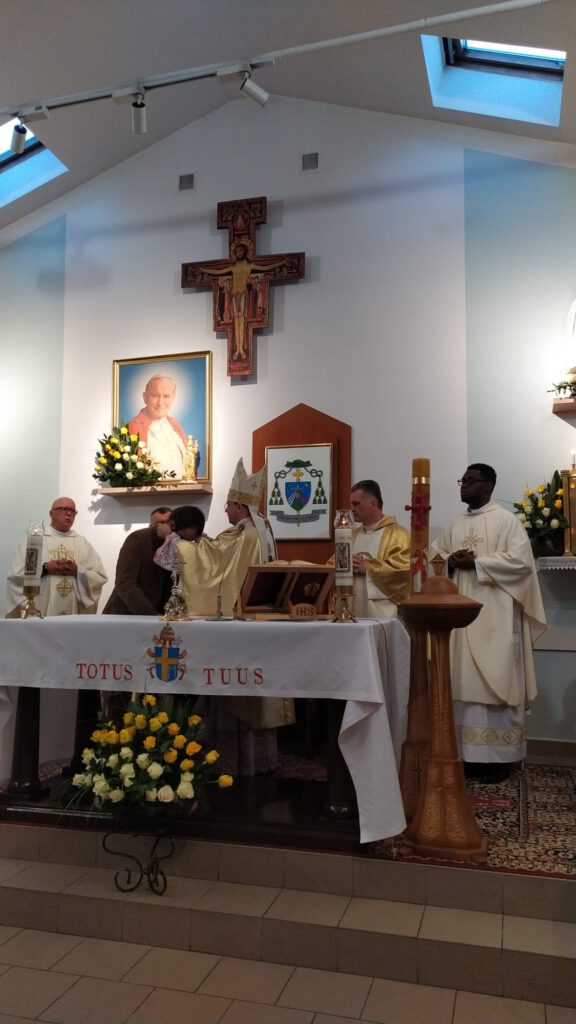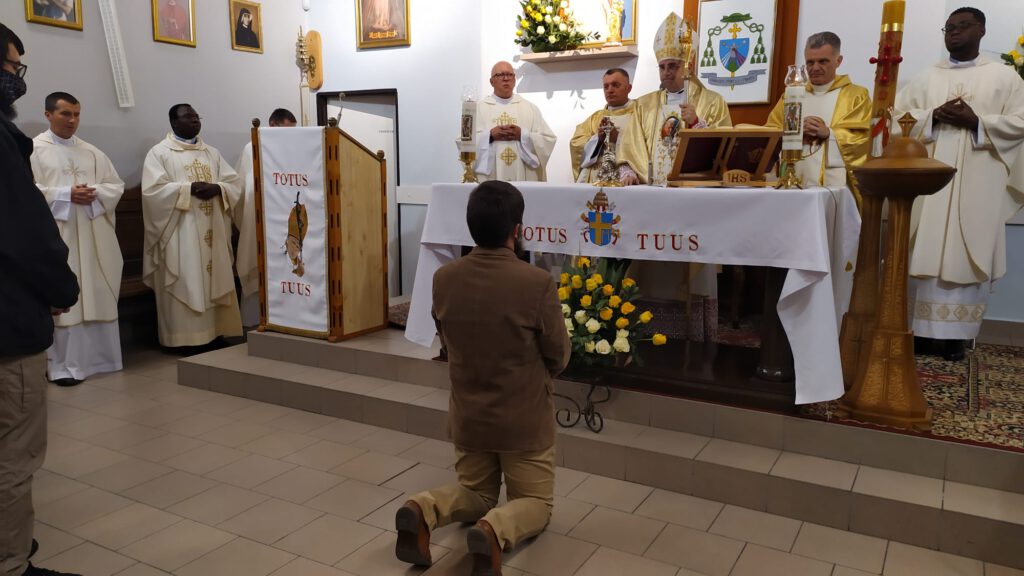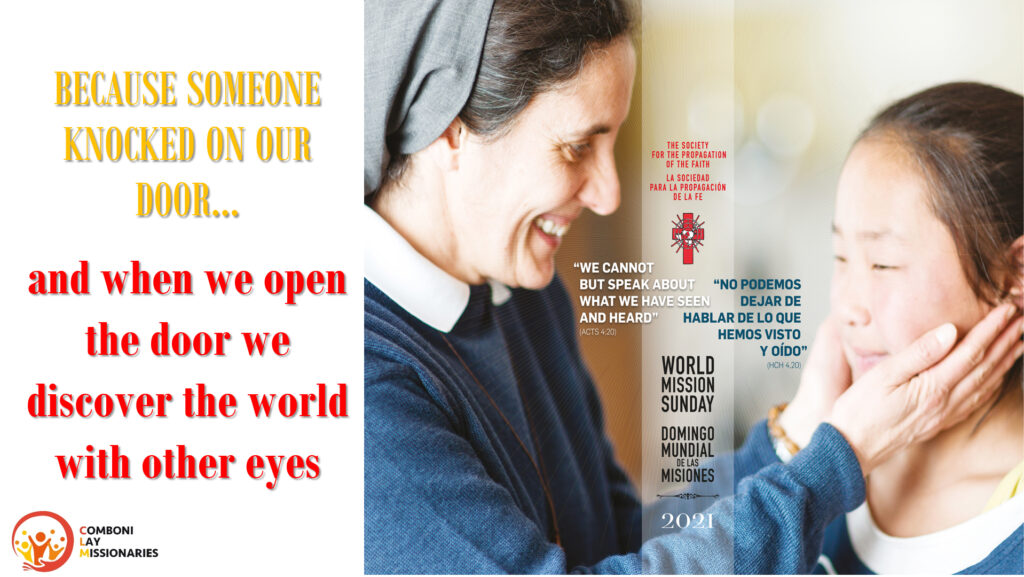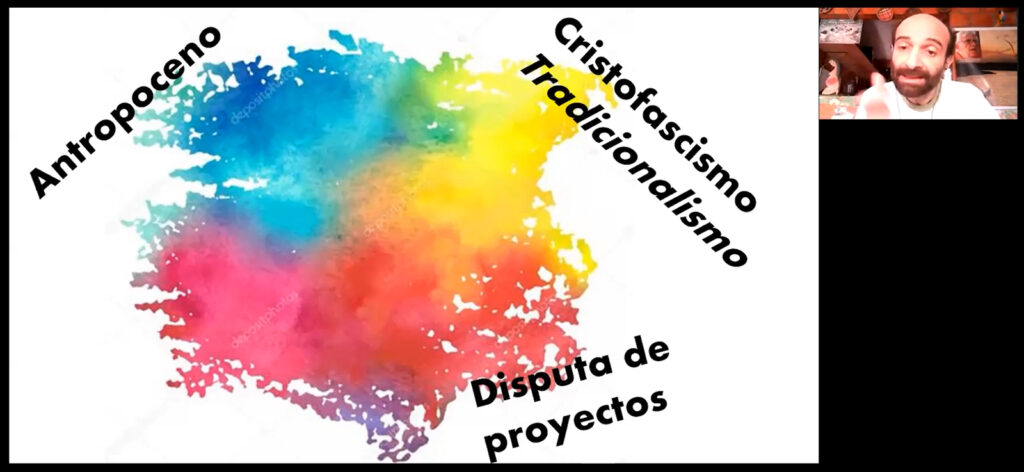During the weekend of the World Mission Sunday we were fortunate to have the opportunity to meet with some people who have approached the CLM group in Spain to get to know each other and to make a vocational discernment.
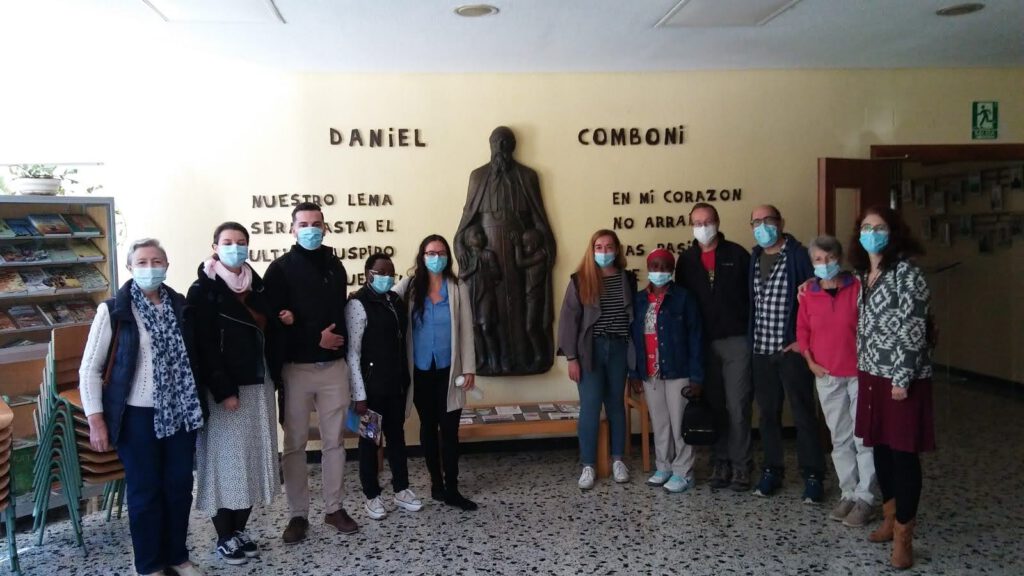
It is always a good opportunity to share our vocation and, to the extent of our possibilities, to serve as a help in the vocational journey of new missionaries.
We believe that in this time of Pandemic many things stopped, but not so the Spirit that is always present and does not rest. If the Lord continues calling new workers to his harvest, we want to be open to accompany this journey in the measure of our possibilities.
Last year we had several online meetings with the group but finally this year, and given that the levels of contagion of the pandemic have decreased, we were encouraged to hold a face-to-face meeting where we could all meet. Always maintaining the necessary prevention measures in these times.
It was a nice weekend where we moved from all parts of the country to share our time, to share what has brought us and to start walking together.
At the beginning of the year it seems important to us to establish the proposed path, the calendar of meetings and the themes we offer. We know that it is an effort for everyone to travel, to prepare the topics, to free the different weekends of the meetings to be able to participate, but we believe that it must be a serious path. It requires an effort on the part of all, but if the Lord calls us, our response must also be serious and committed.
The weekend is dedicated to getting to know ourselves better, to begin to work on our life line, our life history with the Lord and the events that have brought us to this particular moment in our lives. Also to understand our relationship with God, for that is what discerning a vocation is all about.
We hope to have established the basis of the path to follow. This path will be made with face-to-face and online meetings, but also with the personalized accompaniment of each candidate and the possibility of participating in local meetings as well as in national meetings with the rest of the CLM in Spain.
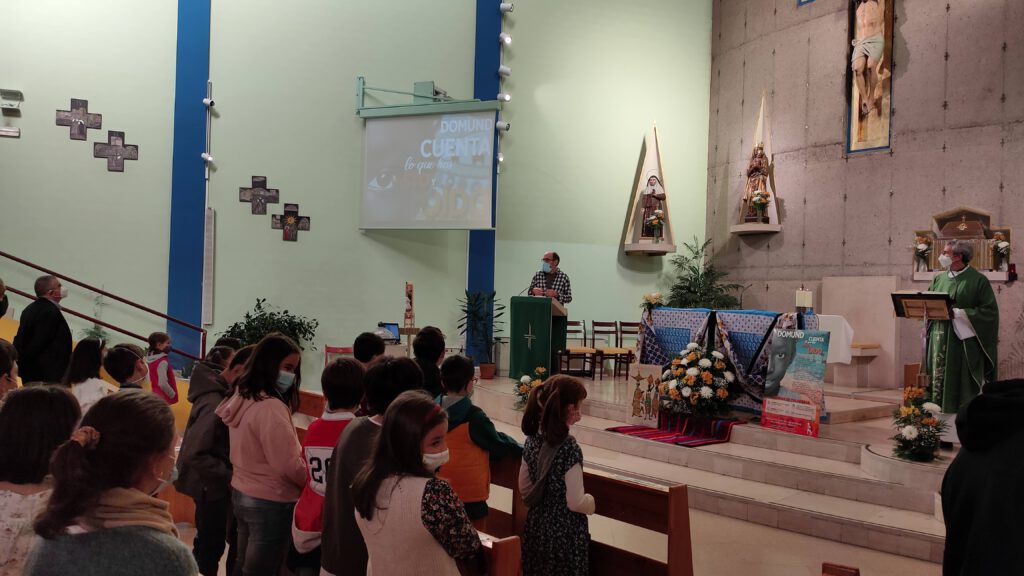
As it was on the day of the World Mission Sunday, we could not but share our joy with the parish of St. Angela de la Cruz in Madrid that hosted us for this event. We were able to help animate the celebration, bringing something of our life in Africa and Latin America, bringing closer the reality of some of these countries and our life experiences.
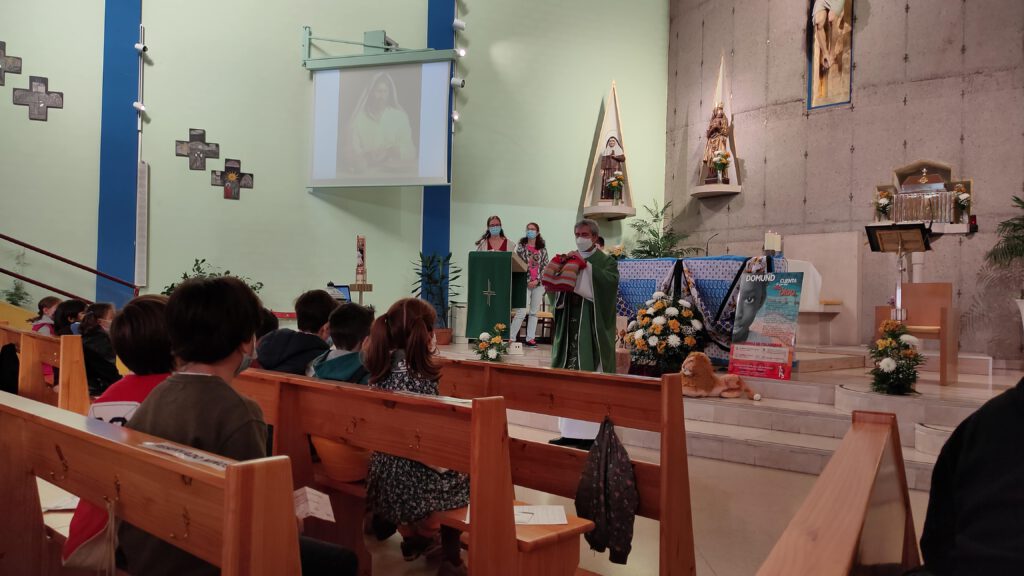
We prepared the celebration between candidates and CLM together with the choir (who gave us a nice surprise gift) and the catechists of the parish. I think it was a nice and participative moment where the children as well as the rest of the community could approach in a different way to this World Mission Sunday.
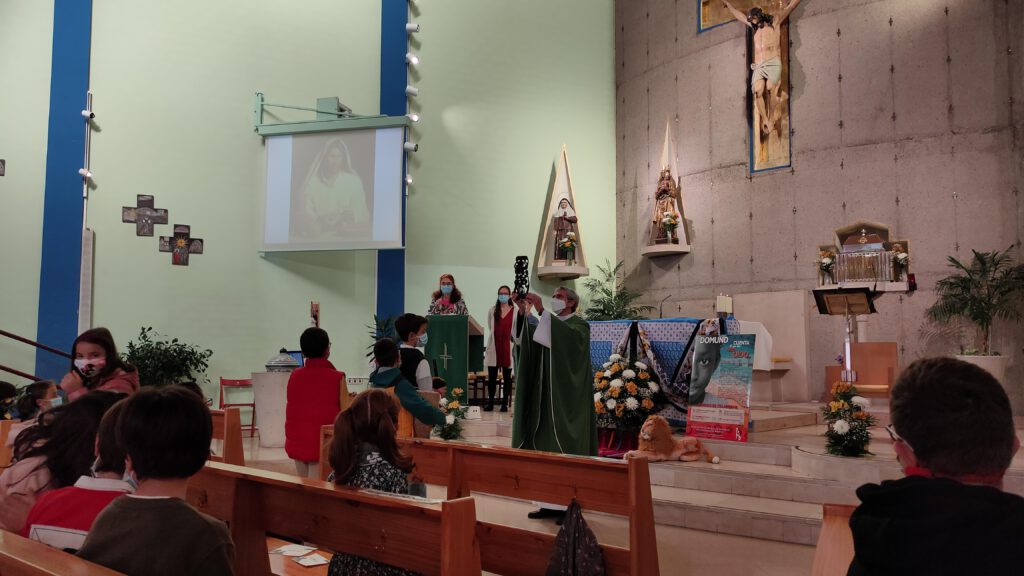
We continue to pray that the Lord will continue to call new missionaries and that we will know how to accompany them in their vocational journey.
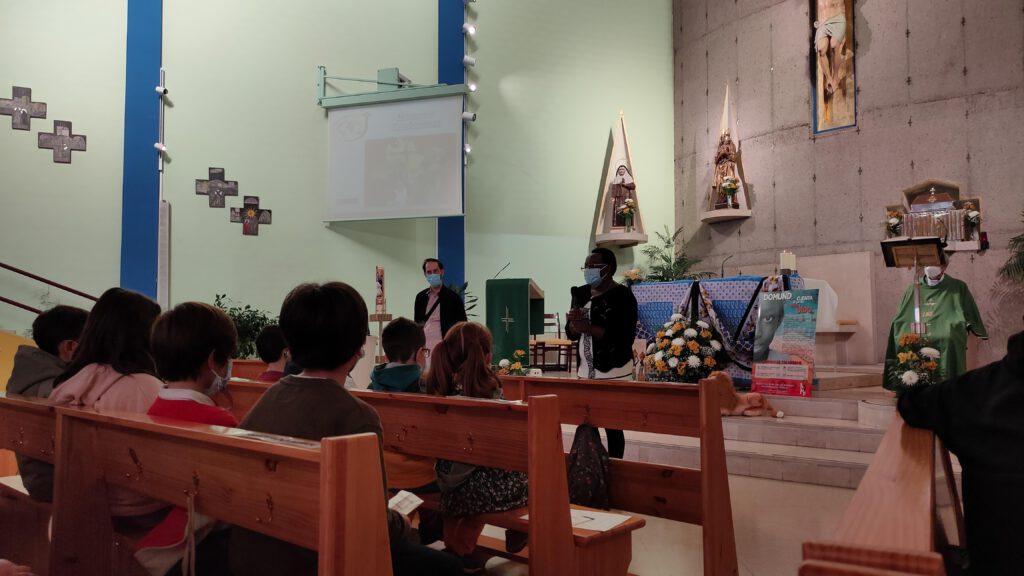
There is still a great need for missionaries, so we encourage anyone who feels this call to approach one of our groups and make a vocational journey. Let us know how to say Yes like Mary.
Greetings to all of you.
Alberto, CLM Spain




